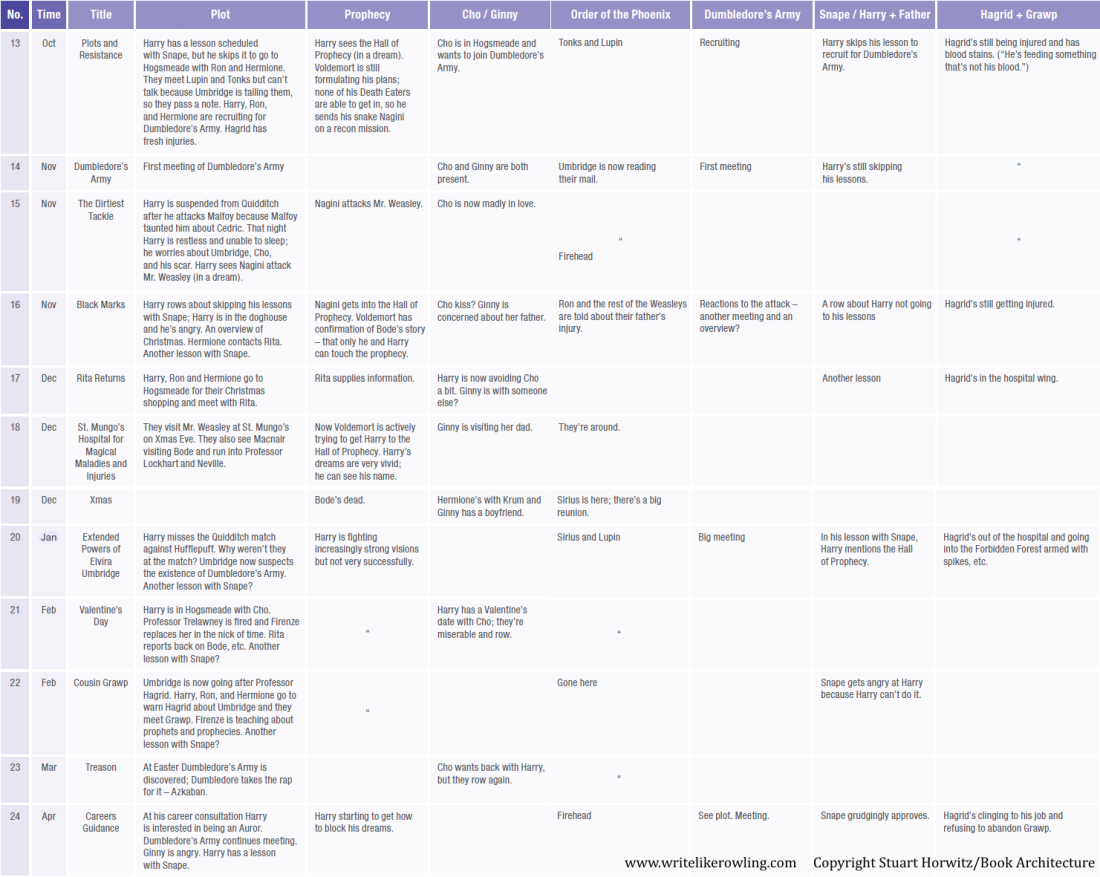Master and Commander - The Reveal
Why we turn the page

Concert goers love the frozen moment of silence just before the first note of music is struck. A few people are fortunate to gather before a string quartet in an elegant drawing room. Hundreds pay their pounds sterling for the opening measure of a Beethoven symphony in the Royal Albert. But to appreciate both the silence before the first measure, and the music itself, wherever your concert hall, you do not want to be sitting next to Jack Aubrey.
Jack is an enthusiast. “Enthusiasts” were heretics against the authorities of the early Church. The Victorians referred them as “jumpers and shakers.” In the opening chapter of Master and Commander, Jack swept “his … fist … firmly down upon his knee. He leant back in his chair, extinguishing it entirely, sighing happily.” Even after being chided by his neighbor, he starts to speak, “‘I trust’ … [but] the opening notes of the slow movement cut him short.” There is more jumping and shaking for the seat-neighbor to be irritated with. In a few moments Jack “looks angrily around,” ironically, at a soldier who “exploded in a stiff guffaw,” but his own, unconscious enthusiasm emerges again. “[I]in unison with the ‘cello he went pom, pom-pom-pom-pom, poom” until his unidentified neighbor hisses in his ear – shshsh – and Jack is surprised to discover that “his [own] hand was high in the air, beating time.”
It’s worth imagining a second time. The person overflowing the seat next to you has his hand high in the air, beating time. Jump and shake.
It’s not that Jack doesn’t value silence. In the very next chapter, now a captain with a new command, Jack supervises a bow-chaser, to be fitted correctly, slung toward its “ideal resting-place” on the Sophie. Jack and the entire ship were “perfectly silent, all her people watching intently, even the tub-party with their buckets poised, even the humans who were tossing the twelve-pound shot from the shore to the side and so down to the gunner’s mate in the shot-locker.” And as we readers of Aubrey-Maturin series know, there are moments of the most intense silence in the pages to come, from the original commands for silence on board through the whispered or shouted commands and positioning to that frozen second before the ship, close-hauled, enters battle and the cannons strike.
So begins O’Brian’s novel, with these two-and-a-half pages introducing its special gift, the friendship between a soon-to-be-promoted warrior enthusiast, with the silver medal of the Nile in his buttonhole, and the “small, dark, white-creature in the rusty black coat, a civilian” whose disapproving face would soon be referred to, repeatedly, as “reptilian,” our philosopher-surgeon-addict-spy-cutthroat Stephen Maturin.
Legend suggests J.K. Rowling conceived all of Harry Potter on a delayed train trip from Manchester to King’s Cross, London. Visiting the New York Historical Society, my daughter, who is the same age at Harry and devoured the books as quickly as my son read O’Brian, showed me a single planning sheet to The Order of the Phoenix. It’s worth looking at.
It’s an outline of the novel’s plot, but it also sets up the rhythm of the novel’s development, its pacing and suspense, or what we might think of as The Reveal. Rowling created this outline and the timing of its elements before she wrote the first sentence. Every writer, including O’Brian beginning Master and Commander, faces the question of where the story is going and how to use its development and suspense to inspire the reader to turn the page.
O’Brian decides that Stephen Maturin will not burst on the scene the way Jack the enthusiast does. In time we understand how effective O’Brian’s seeming reluctance is. There are many who explain the power of these two characters’ friendship as the attraction of opposites, which I will argue is a little too easy a categorization, but clearly as the story unfolds O’Brian’s rhythm favors our being first courted by the enthusiastic naval man, not the United Irishman, nor the two of them together in scene after scene. We turn the page because of Jack. There is clearly something going on with Mrs. Harte, the surprise promotion makes him giddy, and preparing his sloop for sail isn’t easy, which we like much more than smooth sailing. Meanwhile Stephen appears only to call Jack out in the concert and to agree to meet for dinner, two scenes in twenty-seven pages of story. The rhythm will change in the second chapter, when we learn that the last thing that Stephen Maturin wants is to be revealed.



The importance of music in Aubrey’s world led me to buy two cds collecting the music played by Aubrey and Maturin in the novels. I need to put those in my cd player again, perhaps I can get the same escape from the world that they did!